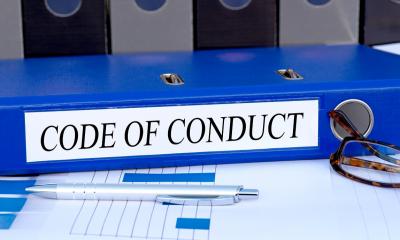
Not sure how to support your employees' development with regular performance reviews? Our checklist tells you how to carry out an appraisal.
- Schedule regular appraisals for each employee. Aim for at least once a year, but ideally quarterly.
- Ask the employee to prepare for the review by completing a self-assessment covering performance, skills, attitude and any problems.
- Prepare yourself by reviewing the employee's self-assessment, your notes on the previous appraisal and the employee's performance since then.
- Review the employee's job description, to check that the duties and responsibilities are up to date.
- If appropriate, speak to the employee's subordinates, colleagues, superiors and customers (known as 360-degree feedback), to obtain factual feedback on performance.
- Identify the main areas for development and what you want the appraisal to achieve. Be prepared to back up any criticism with facts and examples.
- Think about potential work and training opportunities for the employee.
- Take into account the personality and temperament of each employee. Different approaches to giving feedback may be needed for each individual.
- Always schedule more time for the meeting than you think you will need, to avoid having to cut a discussion short.
- Start the appraisal meeting by explaining its purpose and agenda; try to put the employee at ease and set a positive tone.
- Ask the employee to talk you through the self-assessment; listen, and encourage the employee to talk.
- Make your own comments; ensure that all previously agreed objectives, and any areas which concern you, have been covered.
- Acknowledge achievements and hard work.
- Discuss poor performance where necessary – but avoid personal criticism.
- Encourage the employee to identify the causes of any problems and to suggest potential solutions.
- Discuss the employee's long-term career plans and aspirations.
- Identify any training needs.
- Agree specific, realistic and measurable key objectives for the next period; ensure that the employee is committed to them.
- Write up the performance appraisal report and confirm that the employee agrees with what you have said.
- Continue to monitor performance against objectives.
- Be prepared to deal with problems when they occur, rather than waiting for the next appraisal meeting.
- Always remember, appraisals are a two-way process.
In recent years many businesses have dropped annual (or quarterly) appraisals in favour of 'continuous conversations'. Whichever approach you take, doing it well requires skill and care.



